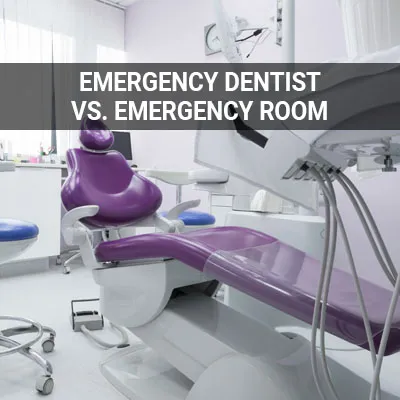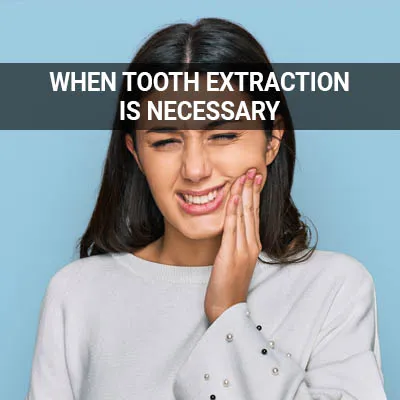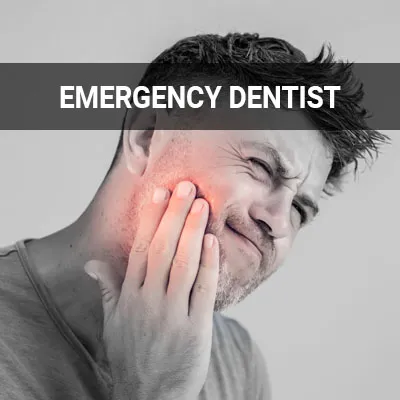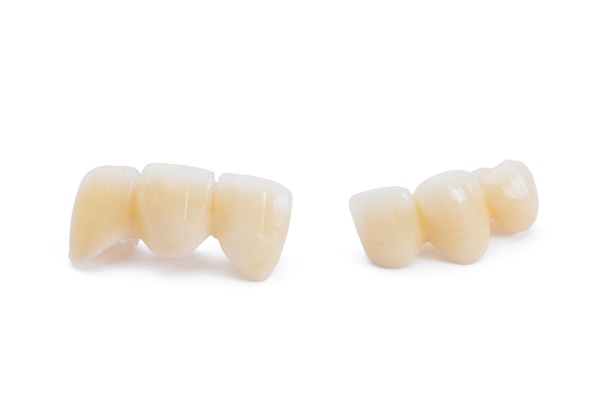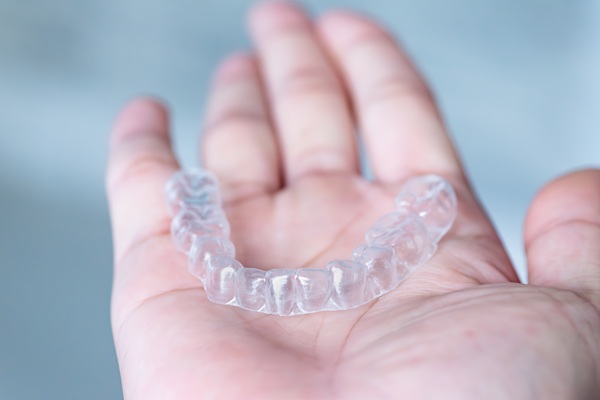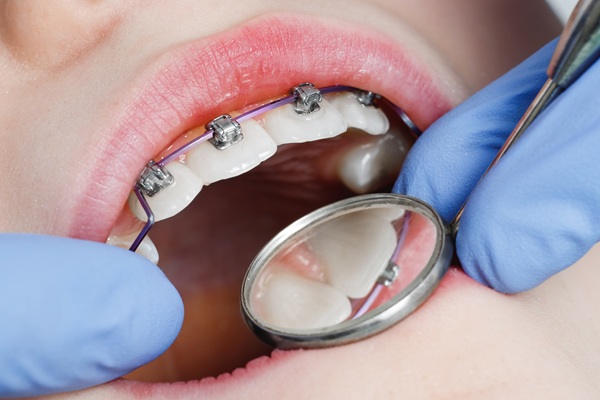When a Situation Calls for an Emergency Dental Surgery Quincy, IL
Your teeth represent some of your most important assets. Not only are they critical to your ability to obtain proper nutrition, but they are also a vital aspect of your physical appearance and influence the way you present yourself to the outside world. When you have a dental concern, it can be all-consuming. Whether you are struggling with a tooth infection or you have accidentally damaged a tooth, here is what you need to know about a dental surgical emergency.
Our team at Buffalo Prairie Dental in Quincy can advise you further, so do not hesitate to call us at (217) 334-4312 for more information.
How to Tell if You Need Emergency Dental Surgery
It can be confusing to know when a situation calls for emergency dental surgery. Sometimes tooth-related concerns can be so distressing that they feel like an emergency, even when they are less urgent. Other conditions—like a tooth injury that causes severe pain or bleeding, a knocked-out tooth, or a tooth infection that causes facial swelling or a fever — may require emergency dental surgery.
The following are examples of situations that do not require emergency dental surgery:
- A mild toothache
- A problem with a filling or crown that is not painful
- Asymptomatic cavities or teeth needing extraction
- Calling for a follow-up appointment
- Dry mouth
- Gum inflammation or bleeding when flossing
- Jaw popping or aching with chewing
- Small chip in a tooth that does not cause discomfort
Patients who doubt whether they may need emergency dental surgery should call their dentist as soon as possible. They can also learn more about dental emergencies by referring to this guidance from the American Dental Association (ADA).
“Other conditions—like a tooth injury that causes severe pain or bleeding, a knocked-out tooth, or a tooth infection that causes facial swelling or a fever — may require emergency dental surgery.”
Chipped Tooth
A chipped tooth may constitute a dental emergency. Sometimes a chip in a tooth is very small and only affects the outer layer of the tooth. These chips are likely to cause no discomfort and may not require emergency dental surgery. However, if one has chipped a tooth and is having pain, it may mean that the tooth's soft pulp, including the nerve root, has been affected.
This can constitute a dental emergency because the soft pulp is at risk of becoming infected. If one has chipped a tooth that is causing pain, they should rinse their mouths with salt water, use a cold compress to reduce swelling, and contact their dentist right away.
“However, if you have chipped a tooth and are having pain, it may mean that the soft pulp of the tooth, including the nerve root, has been affected.”
Cracked Teeth
Like chipped teeth, cracked teeth may be caused by trauma or general wear and tear. Symptoms may range from intermittent pain when chewing to sudden temperature sensitivity. It is not uncommon for these symptoms to come and go, making it difficult for cracked teeth to be diagnosed. Patients experiencing these symptoms or suspect they have a cracked tooth should seek medical attention immediately, as early intervention is key to saving the tooth.
Treatment depends on the extent, location, and type of the crack. A fractured cusp may be treated with a filling or crown. A crack that extends vertically toward the root may require a root canal. A split tooth will require endodontic treatment. In contrast, a vertical root fracture may necessitate endodontic surgery or tooth extraction.
“Patients who are experiencing these symptoms or suspect they have a cracked tooth should seek medical attention immediately, as early intervention is key to saving the tooth.”
Check out what others are saying about our dental services on Yelp: When a Situation Calls for an Emergency Dental Surgery in Quincy, IL
Infected Teeth
Abscesses form as a result of bacterial tooth infections. Though they may occur in different areas of the tooth for different reasons, periapical tooth abscesses are particularly common. This type of abscess typically occurs due to an untreated dental cavity, trauma, or prior dental work.
Infected teeth will need to have their tooth abscesses drained to get rid of the infection. In most cases, root canal treatment will be necessary to attempt to save the tooth. However, in more severe cases, tooth extraction may be necessary. An untreated tooth abscess may lead to life-threatening complications. As such, it requires immediate attention.
“Infected teeth will need to have their tooth abscesses drained to get rid of the infection.”
Questions Answered on This Page
Q. What is the treatment for a cracked tooth?
Q. How are infected teeth treated?
Q. When is damage to orthodontics a dental emergency?
Q. How canI tell if I need emergency dental surgery?
Q. What is the treatment for a chipped tooth?
People Also Ask
Q. What should I do while waiting to get to the emergency dentist?
Q. Am I at risk for cracked tooth syndrome (CTS)?
Q. What methods are available to repair a chipped tooth?
Q. Should I visit the ER after a dental emergency?
Q. What should one do for a toothache when waiting to see a dentist?
Q. What are some of the signs indicating a need for tooth extraction?
Damage to Orthodontics
While damage to orthodontics rarely requires dental emergency surgery, a patient's first step should always be to determine the extent of the issue. Damage to orthodontics is typically considered severe when it includes trauma to the teeth, mouth, or face.
Patients with orthodontic devices may suffer puncture wounds or profuse bleeding after experiencing trauma to the mouth. Emergency dental surgery may be necessary when damage to orthodontics results in swelling of the gums, mouth, and face. Unmanageable pain may also be a symptom.
“Patients with orthodontic devices may suffer puncture wounds or profuse bleeding after experiencing trauma to the mouth.”
Frequently Asked Questions
Q. What is the most common type of dental injury?
A. According to the American Association of Endodontists (AAE), chipped teeth are the most common type of dental injury. To avoid a chipped tooth, you must wear a mouthguard when playing contact sports and never use your teeth to open things.
Q. How can I avoid a cracked tooth?
A. To avoid a cracked tooth, do not chew on hard items, such as popcorn kernels or hard candy. You should also avoid chewing on non-food items such as pens or ice. Wearing a nightguard can also help reduce the wear and tear on your teeth from grinding, making them more vulnerable to cracking.
Q. Why do I have tooth pain?
A. Many events can cause tooth pain, but most dental pain stems from exposure to the inner part of your tooth, known as the tooth pulp. According to the American Dental Association (ADA), tooth pain commonly results from a cavity, cracked tooth, or an exposed tooth root. Therefore, if having pain, it is critical to follow up with your dentist as soon as possible.
Q. What should I do if I knock out a tooth?
A. If you have knocked out an adult tooth, the ADA advises that you keep it as moist as possible. If you can, replace the tooth into the socket while not touching the tooth root. If you cannot replace it, you can put it in milk or hold it in your mouth to keep it moist. Make sure to contact your dentist right away, so you have the best chance of saving the tooth.
Q. What is characterized as a dental emergency?
A. Dental emergencies are dental issues associated with pain, immense discomfort, and sudden swelling. These problems typically do not fix themselves and require immediate medical attention.
Endodontic Terminology
Call Us Today
Emergency dental surgery can save your tooth and help prevent severe complications. Do not put your health on the line. Call us today at 217-334-4312 to schedule an appointment or learn more about our services.
Helpful Related Links
- American Dental Association (ADA). Glossary of Dental Clinical Terms. 2024
- American Academy of Cosmetic Dentistry® (AACD). Home Page. 2024
- WebMD. WebMD’s Oral Care Guide. 2024
About our business and website security
- Buffalo Prairie Dental was established in 2019.
- We accept the following payment methods: American Express, Cash, Check, Discover, MasterCard, and Visa
- We serve patients from the following counties: Adams County, Brown County, Marion County and Lewis County
- We serve patients from the following cities: Quincy, West Quincy, Taylor, Payson, Camp Point, Mendon, Mt Sterling and La Grange
- National Provider Identifier Database (1750440632). View NPI Registry Information
- Norton Safe Web. View Details
- Trend Micro Site Safety Center. View Details
Back to top of When a Situation Calls for an Emergency Dental Surgery
QR code for When a Situation Calls for an Emergency Dental Surgery



